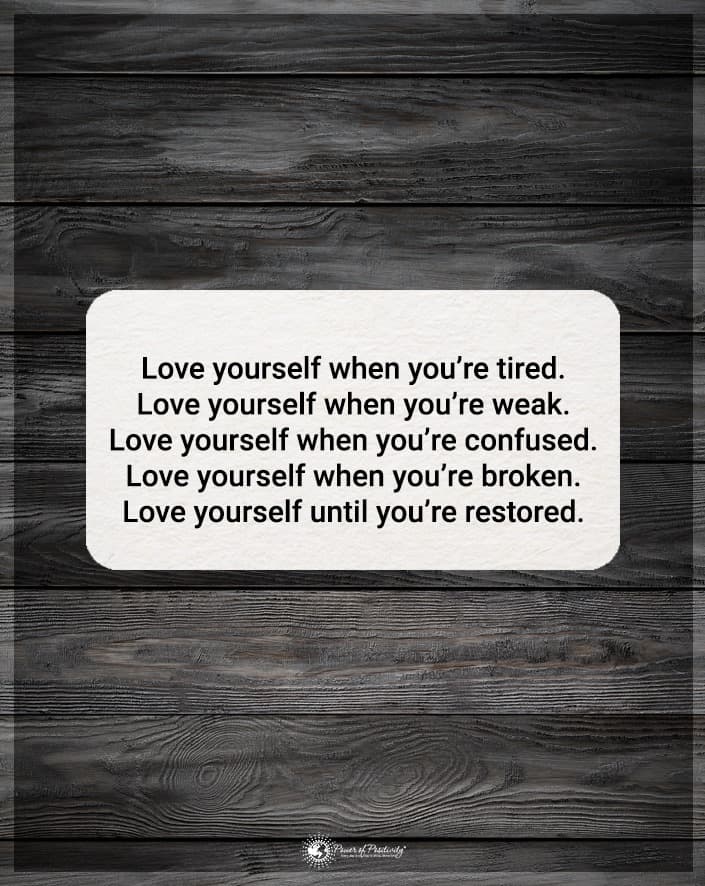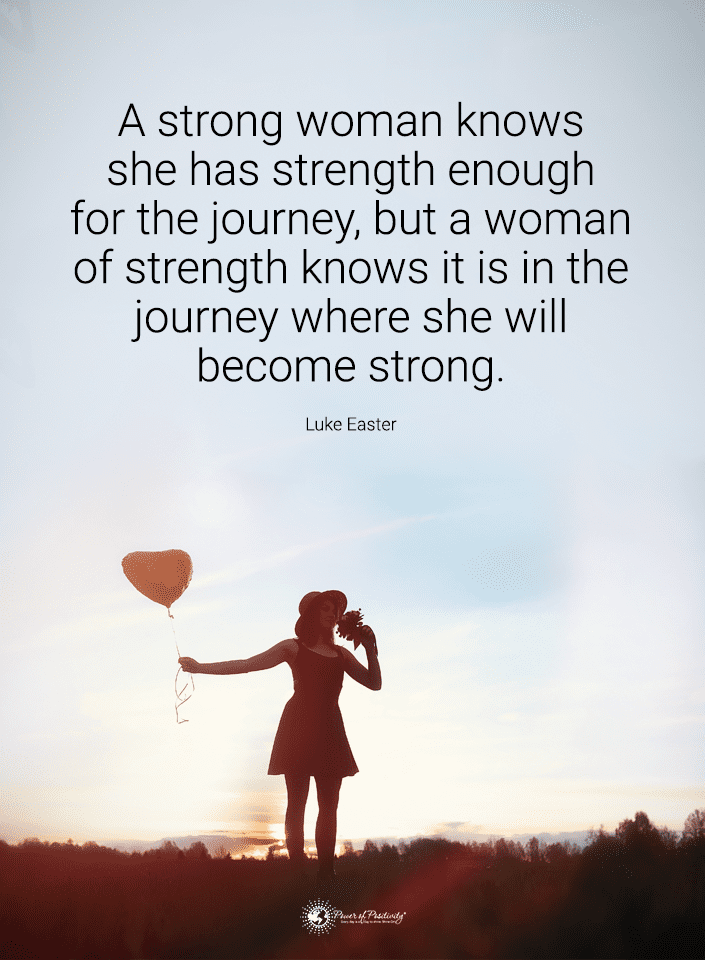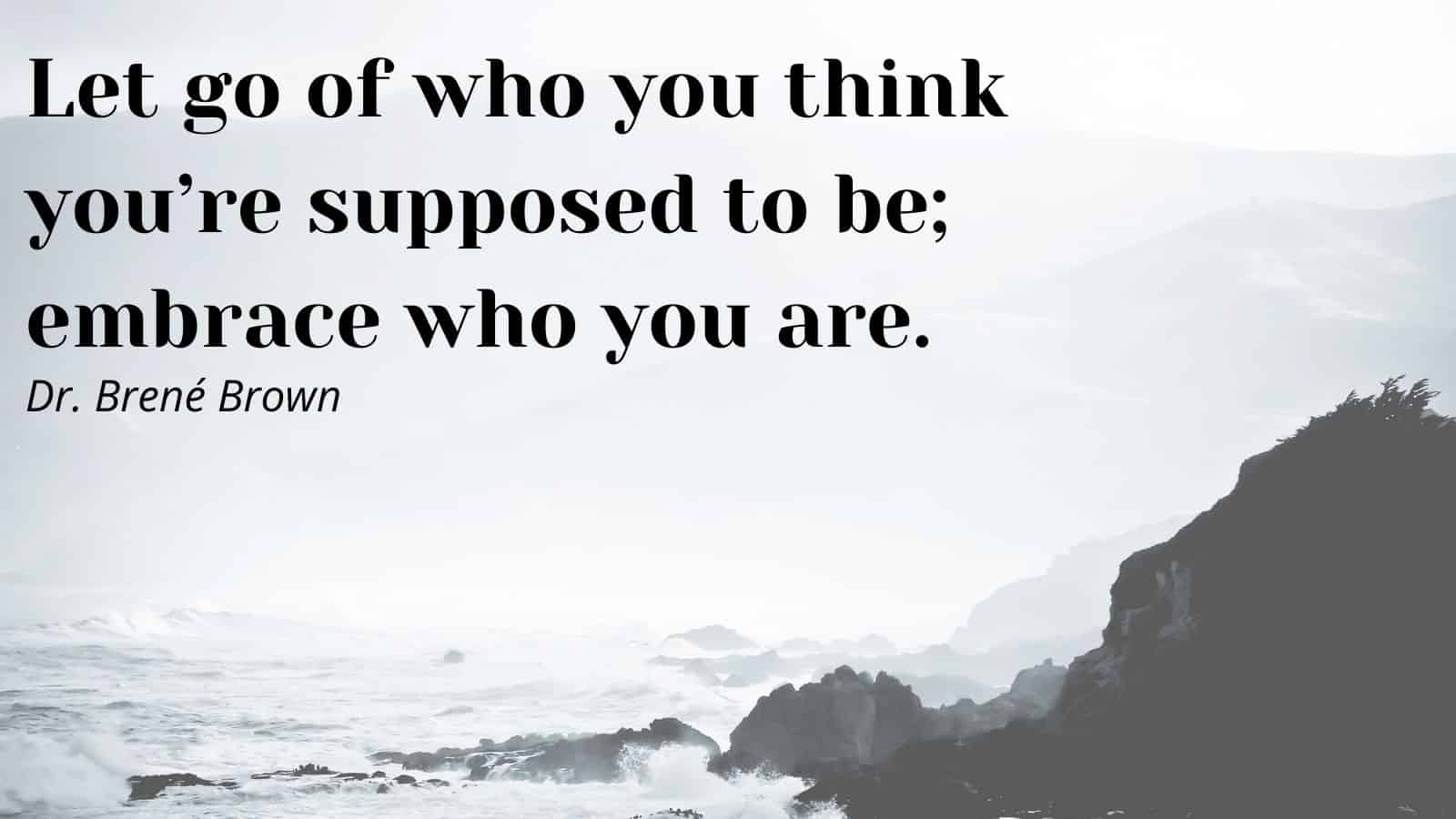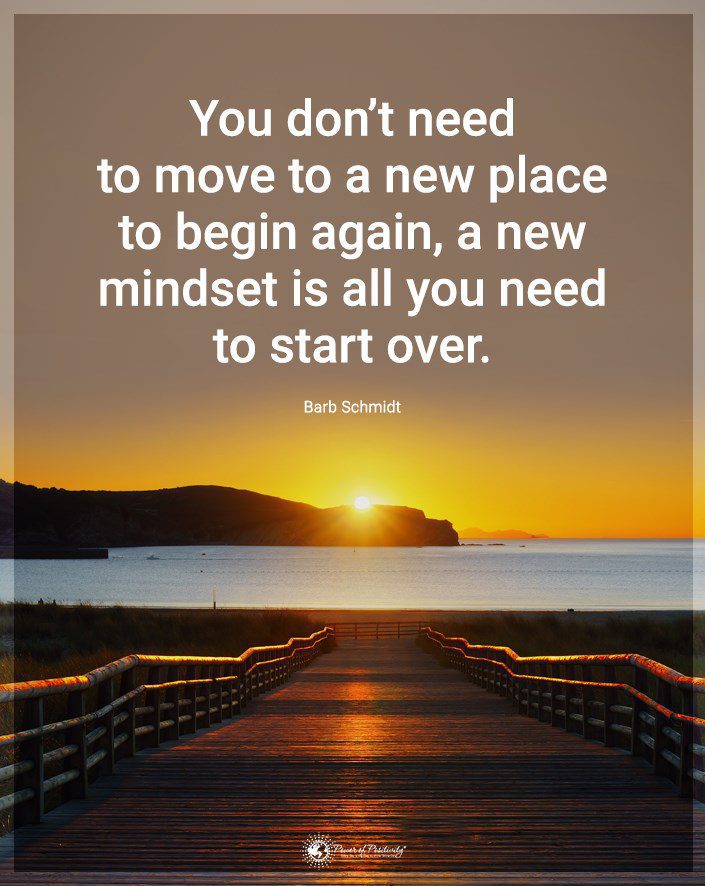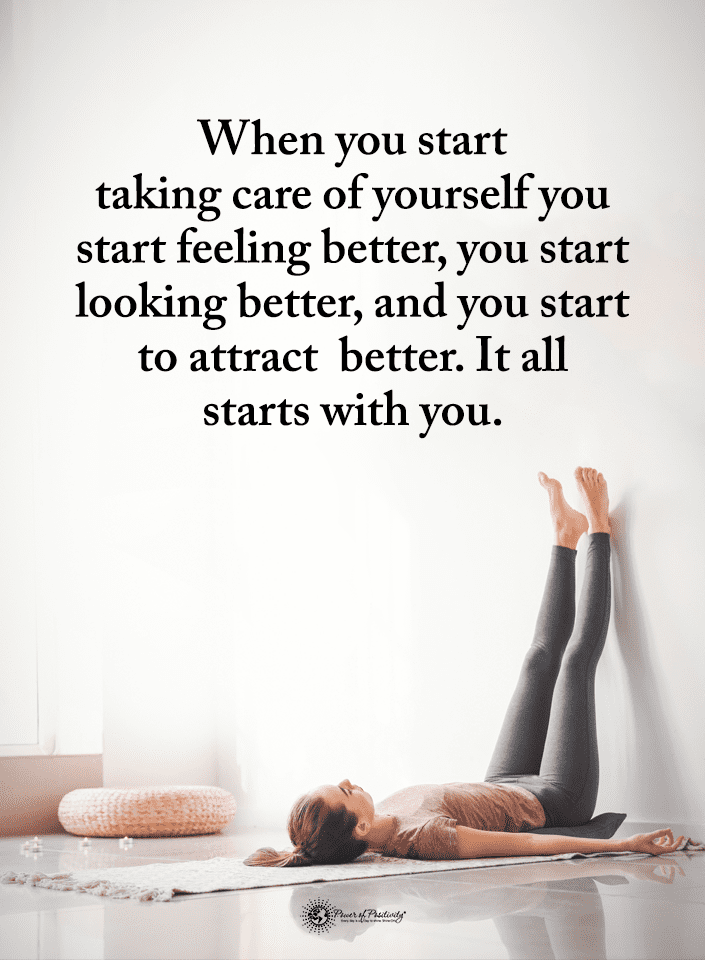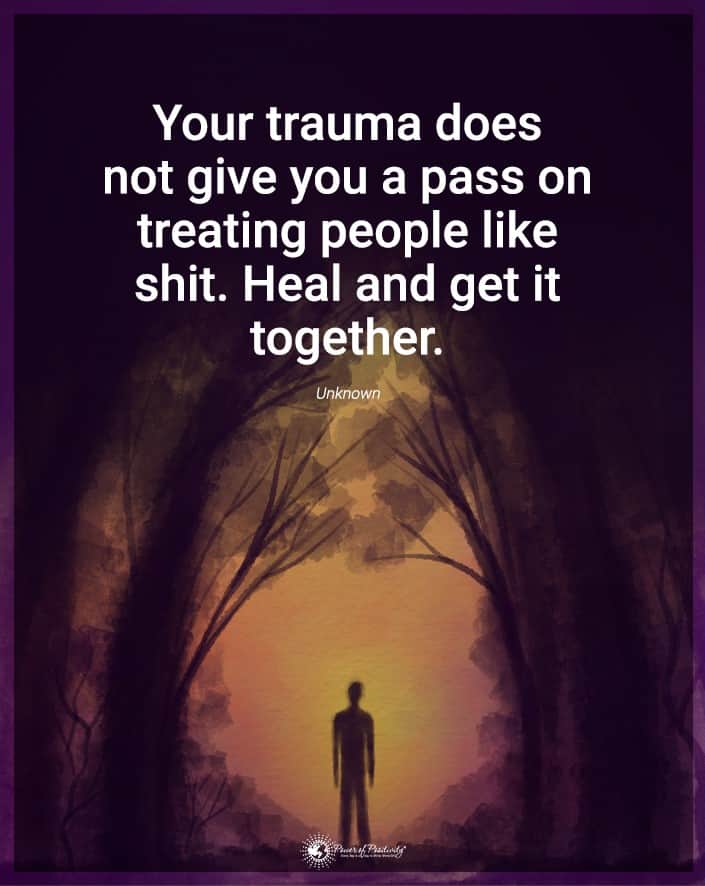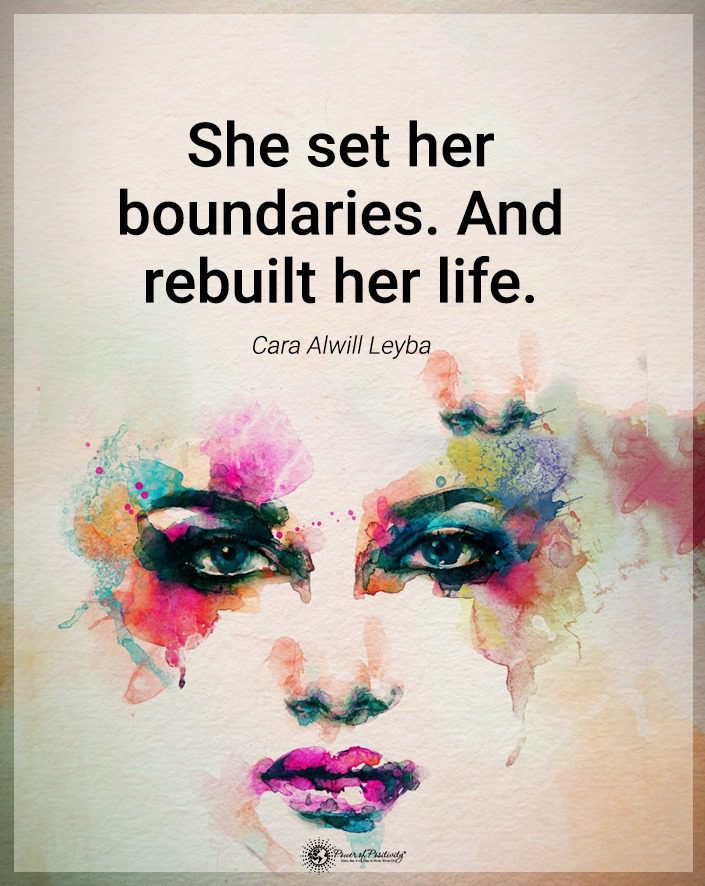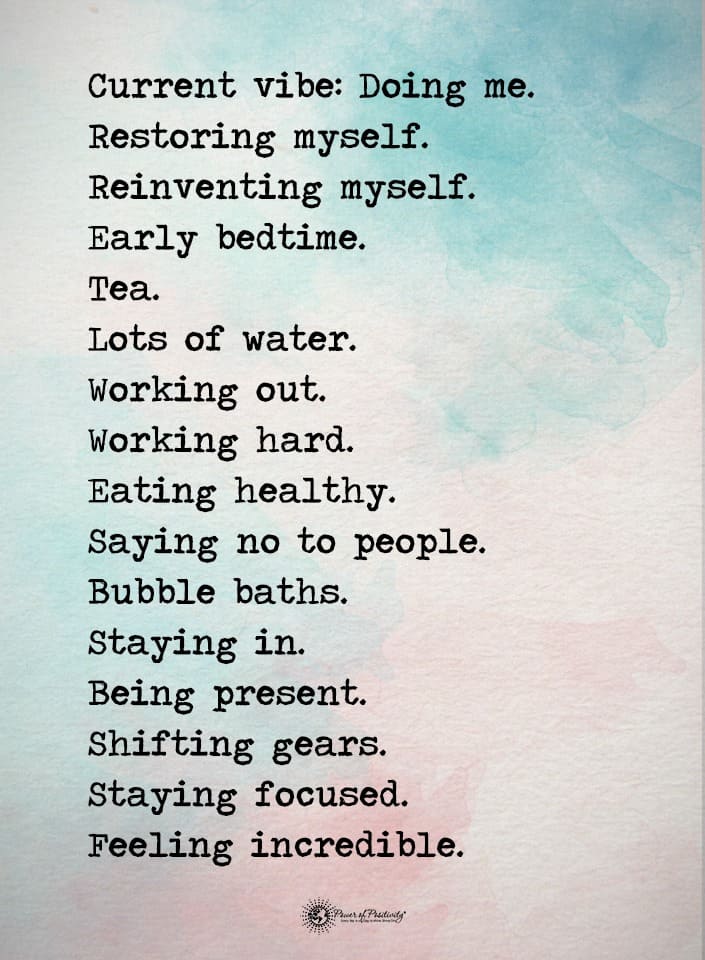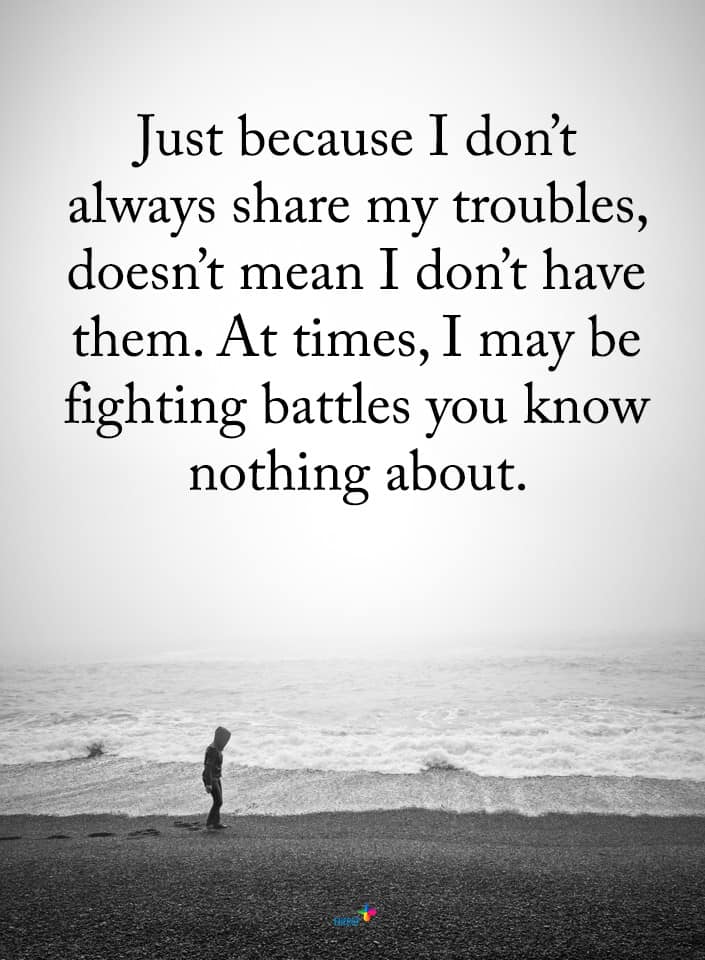Mental relaxation techniques can help with stress management and enjoying life. It helps decrease and prevent stress, allowing you to feel good emotionally and physically. As you relax, it will help you cope with daily stress. You’ll feel like you’re regaining control of your life.
Relaxation isn’t all about laying on the couch watching your favorite shows. Instead, it requires activating your natural relaxation response, putting a stop to the effects of stress. The best process is different for everyone, so keep trying until you find a technique that works for you.
You can do these relaxation techniques anywhere, making them a beneficial activity to learn. Destressing will be possible no matter where you are or what’s happening. These relaxation techniques will make you feel better, but they have other benefits, too.
Fifteen Benefits of Mental Relaxation Techniques
Too much mental stress can lead to physical illness and health concerns. Mental relaxation promotes the following:
- Steady heart rate
- Lower blood pressure
- Improved digestion
- Healthy blood sugar levels
- Improved focus and mood
- Slowed breathing rate
- Increased confidence levels
- Reduced stress hormones
- Increased resiliency when handling problems
- Increased blood flow to muscles
- Decreased muscle tension
- Reduced chronic pain
- Better sleep quality
- Less anger and frustration
- Decreased fatigue
Ten Mental Relaxation Techniques
1. Exercise and Movement to Help Relax the Mind
Many people don’t realize how soothing exercise is, but anything that requires repetitive movement helps. Studies show that it helps keep control of your thoughts, produces relaxation, and decreases stress. Some exercises you can do include:
- Swimming
- Walking
- Running
- Rowing
- Climbing
- Hiking
- Dancing
As you exercise, be mindful of how your body feels in the moment. Push away thoughts of daily worries or concerns for the future. Don’t zone out while you exercise, and focus on how your breathing changes based on your movements.
Focus on how it feels when your feet touch the ground, or the breeze brushes your skin. If you aren’t exercising outside, focus on making your breathing align with your movements. You can also focus on how your body feels as you raise weights or change positions.
2. Visualization Relaxations Techniques
Also known as guided imagery, visualization is a traditional form of meditation. It involves imagining an environment where you feel peaceful and free to release tension and anxiety. Close your eyes and think of a relaxing setting such as the beach, a favorite relaxation spot, or a quiet area of the woods.
Some people like to use sounds along with their visualization. If you visualize the beach, you might want to hear waves in the background. Likewise, if you think of the woods, you might want to listen to birds chirping.
When you picture your location, think about it vividly. Consider what you see, hear, smell, taste, and feel. Incorporating as many sensory details as possible make it more realistic and calming.
3. Turn Off Your Electronics
One of the best ways to clear your mind is to unplug. It’s hard to focus or relax your mind when you constantly have messages or notifications popping up. Plus, constantly scrolling through social media further hinders your thought process.
4. Practice Deep Breathing
Deep breathing techniques focus on full cleansing breaths. It is a simple but powerful relaxation technique that you can practice anywhere. Deep breathing is a quick technique, too, allowing you to squeeze it into the busiest of schedules.
To start deep breathing, follow these steps:
- Sit with your back straight, and place one hand on your chest with the other on your stomach.
- Breathe in through your nose as the hand on your stomach rises. Your other hand should move very little on your chest.
- Exhale through your mouth, focusing on pushing out as much air as possible. As you push out the air, contract your abdominal muscles. Your hand on your stomach should move in, and the other hand should continue remaining still.
- Repeat breathing in and out, focusing on the rise and fall of your abdomen.
5. Relaxation Techniques to Release the Emotions
Everyone experiences situations that break their focus and interfere with their attitude. When this happens, you can release the emotions by dealing with them when they arise. If you don’t find a way to relax, the negative situation will cause minor irritations to disrupt your peace even more.
You can release the irritation by taking a moment to calm down and identify the issue. Then, breathe as you analyze what you can do and how you’re feeling. Finally, release the emotion by letting go of the tension.
Another way you can release your emotions is by taking a walk, listening to soothing music, and focusing on your breathing. Other options include using positive affirmations and mantras.
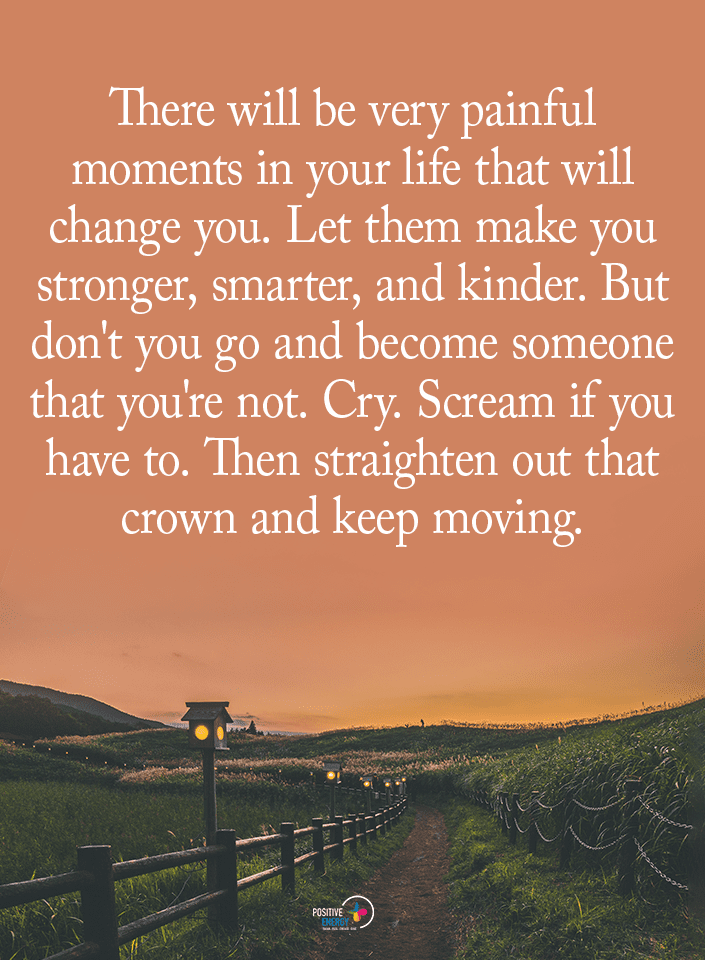
6. Spend Time Writing to Relax After a Long Day
Writing can help you clear your mind by letting out your experience or emotion. It helps organize your thoughts and allows you to come up with solutions you hadn’t thought of before. When you come up with solutions, it leads to progress, helping you release negative emotions.
If you don’t know what’s bothering you, writing relaxation techniques can help you figure it out. As you start writing, see what comes out and which topics you gravitate toward. This exercise can help you express yourself and mentally relax.
Sometimes making a list is all that you need to do. You can list who and what you’re grateful for, bringing joy and peace to your mind. It also helps you focus on positivity, releasing things that cause stress.
7. Spend Time in Nature
Connecting to nature can help alleviate stress and calm your mind. When you feel stressed, spend a few minutes outside focusing on nature. Go for a short walk or find somewhere peaceful to sit.
If you can’t get outside, research shows that there are other ways to bask in the benefits of nature. You can also look at images of nature scenes for five minutes can help you calm down. It might help even more if you play nature sounds, too.
Gardening is another perfect way to spend time in nature. Getting your hands in the soil exposes you to beneficial microorganisms that boost your mood and helps you focus.
8. Body Scan Meditation
This type of meditation helps you focus on parts of your body, starting with your feet and working your way up. You don’t tense or relax any of the muscles. Instead, you focus on how each part feels, avoiding labeling the sensations as good or bad.
To practice body scan meditation, follow these steps:
- Lie on your back with legs uncrossed and arms at your sides.
- Focus on your breathing for a couple of minutes before turning to your body parts.
- Shift your focus to the toes of one of your feet. Acknowledge the sensations you feel, and imagine your breath flowing to your toes. Focus on this area for at least five seconds before moving on.
- Next, focus on the sole of the same foot, acknowledging those sensations and envisioning your breath flowing.
- After that, move to your ankle and continue repeating the process, working your way up the same leg.
- Once you’ve finished the leg, shift your focus to your calf, knee, thigh, and hip. Then, start on your toes in the opposite leg, working your way up again.
- After the second leg, move to your torso, lower back, abdomen, upper back, chest, and shoulders.
- Once complete, bask in the stillness and silence for a while. Allow yourself to stay relaxed and note how your body feels.
9. Mental Relaxation Techniques Using Mindfulness Meditation
This type of meditation helps you switch your focus to the present, helping you fully engage in the moment. Mindfulness reduces stress, anxiety, depression, and other negative emotions that interfere with your well-being.
Some mindfulness practices involve focusing on a repetitive action such as breathing or repeating a few positive words. Other methods require giving into your thoughts or sensations, then releasing them a few minutes later. You can practice mindfulness when walking, exercising, eating, driving, or any other time of day.
When you first start practicing mindfulness meditation, you might lose focus sometimes. You’ll find yourself wandering back to your worries or regrets, and that’s normal.
It takes practice to get it right, but keep refocusing and trying until you get it. Each time you refocus, you strengthen a new habit that helps you break free of mental stress.
10. Listen to Calming Music
Music calms the activity in your brain, making it the perfect mental relaxation technique. Research shows that music leads to fewer neurons firing in the part of your brain that responds to fear. Some experts believe that it leads to decreased signals in the rest of your brain, encouraging relaxation.
Final Thoughts on Mental Relaxation Techniques
Mental relaxation techniques can change your life. You’ll begin to recognize your stress response and can make a conscious effort to calm your mind. It’ll prevent the situation from spiraling, helping you maintain a sense of well-being.
Relaxation techniques take practice, so don’t get discouraged. You’ll continually get better at them and notice the difference. It’ll decrease our stress levels while promoting mental relaxation, so keep trying until you find a technique that works.


